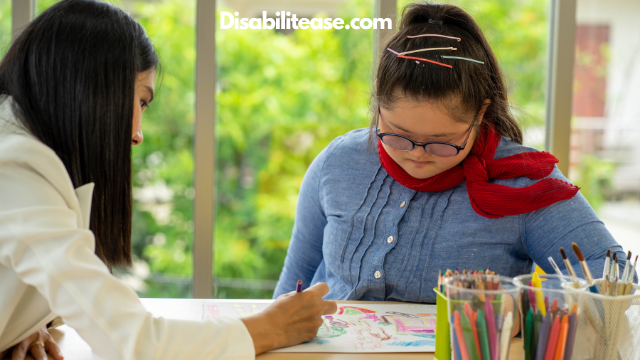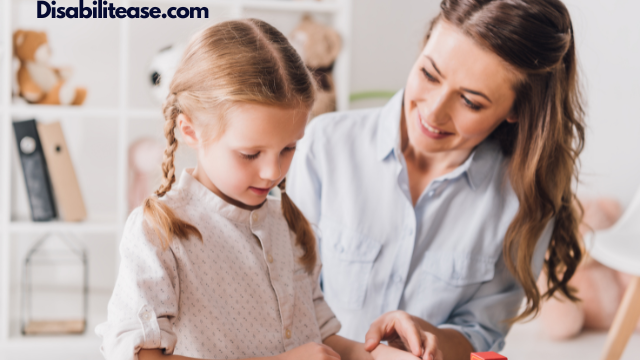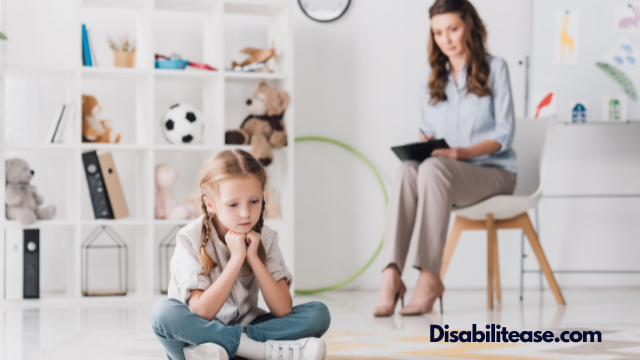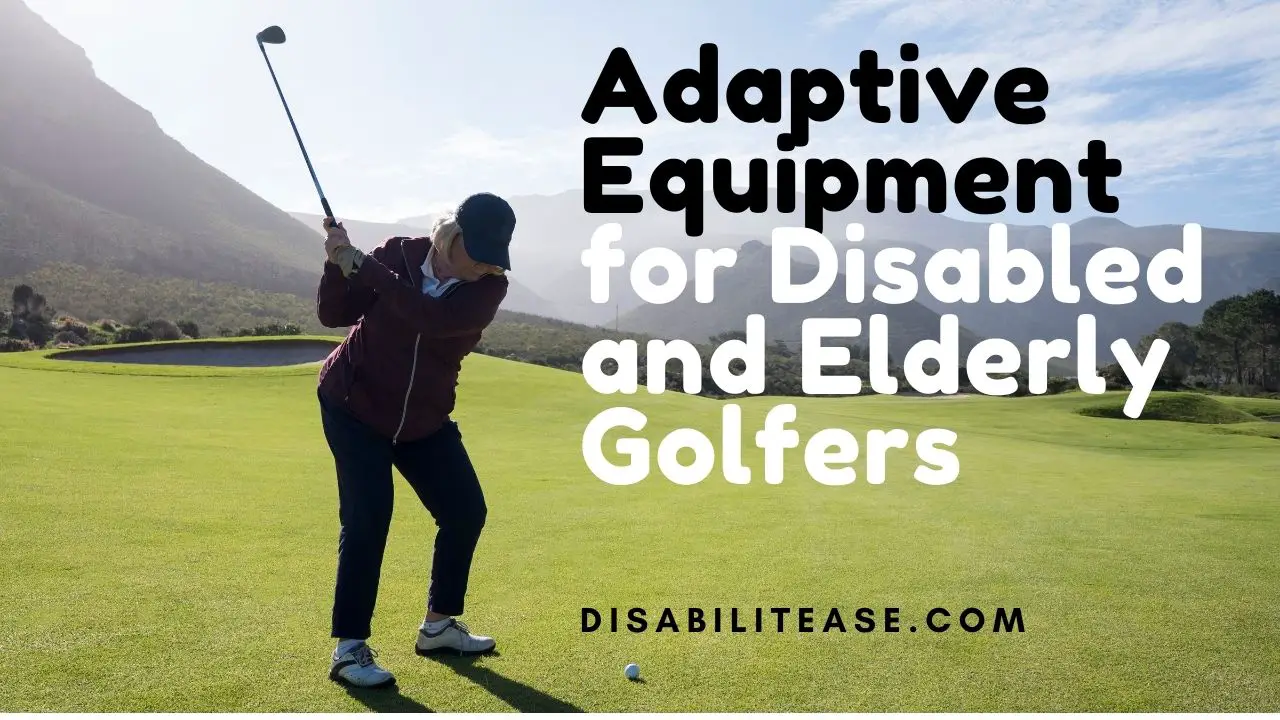Ever since Autism was first recognized in 1943, public knowledge of the disorder has increased significantly because of the ongoing work of advocates and parents. Yet, it is now receiving more attention than in the past.

There is no way to pinpoint the precise origin of your child’s Autism because autism spectrum disorder (ASD) has no established etiology.
It is widely believed that a combination of factors causes ASD. Instead, other variables might raise the patient’s risk.
Related: Why Do Those With Autism Avoid Eye Contact?
Two elements that are thought to influence a child’s risk of having ASD are genetics and environment. These causes, and other factors, are highlighted in this article.
Table of Contents
Can I Find Out What Caused My Child’s Autism? Can it Be Genetic?
While the exact etiology of Autism is unknown, genetics might play a role in its cause. The U.S. Department of Health and Human Services claims that Autism frequently runs in families.
Furthermore, there is mounting evidence that some gene alterations may raise a person’s likelihood of developing Autism.
However, it’s crucial to recognize how intricate this connection is. Several reports show that most individuals with Autism have various mutations and combinations of mutations.
According to science, not all individuals with Autism have variations in every gene associated with ASD. A child’s probability of developing a pervasive developmental problem increases by 2 percent to 20 percent if one of their elder siblings has an autistic impairment. It suggests that genetics might have a significant impact on the possibility of the disorder.
Environmental Aspects May Be Important

Researchers have hypothesized a number of environmental elements that might increase a child’s likelihood of developing Autism. It’s critical to remember that while these characteristics have been shown to have little impact on the likelihood of getting Autism, they are still prevalent.
Certain chemicals have been seen to raise risks. Nevertheless, in case a person could have ASD due to genetic abnormalities, then specific circumstances may make that individual develop Autism.
For example, an illness or exposure to chemicals in the environment might result in Autism in a person who is susceptible to genetic abnormalities.
Nevertheless, even if they have the same experiences, a person who is genetically inclined may not develop ASD as well.
Some of the potential environmental factors are:
- Pollution exposure during pregnancy
- Pregnancy-related infections
- Having the child at a young age
- Extreme underweight at birth
- Premature birth
These environmental influences tend to impact the fetus’s brain development while it is still within the mother.
Autism Hasn’t Been Linked to Vaccines
Immunizations don’t cause Autism, despite the intense debate about a potential link between vaccines and the condition.
Although several research papers have failed to produce conclusive proof, many parents with autistic children initially manifested soon after receiving the measles, mumps, and rubella (MMR) vaccination are confident the vaccine was the cause.
The small-scale study that linked the MMR vaccination to Autism has been disproven for being fraudulent, with the author admitting that the data was falsified and that he manipulated his research findings.
Recommended website: Cerebral palsy guide is a great website providing support to those affected by Cerebral Palsy and other developmental disabilities.
Prenatal Infections Increase the Risk of Autism in Your Child

While there is no connection between immunizations and Autism, a child’s risk of developing ASD may be increased by infection while still in the womb. Studies discovered that a serious illness during pregnancy increased the likelihood of a child developing an autistic spectrum disorder diagnosis by 79 percent.
Many significant infections (such as pneumonia, sepsis, the flu, and meningitis) and small illnesses (such as urinary tract infections) were associated with an increased risk.
The studies also stated that the findings should persuade women expecting to receive the flu vaccination since it is safe for pregnancy and can help avoid adverse consequences.
Read also: How Can Autism Affect An Individual’s Physical Development?
Other Biological Causes of Autism
Specific biological components can increase a child’s chance of developing Autism along with genetic and environmental influences. Some of these several causes are:
- Issues with brain connections
- Issues with development (or overgrowth) in specific brain regions
- Difficulties with metabolism
- Issues with the immune system
Genetic or Medical Testing Can’t Help In Diagnosing Autism
The fact that all causative theories are speculative should be one of the first things people know about the potential “cause” of Autism.
For example, there is presently no genetic test for ASD, despite the fact that medical experts are aware that having a parent, sibling, or another close family member with Autism might up the relative risk of the child. In addition, one of the greatest in-depth analyses of the genetics of autistic people found 102 genes that may be connected to ASD.
Similar to how sensory disorders, a common co-occurring illness in people with Autism, have different brain structures, studies have not yet shown a consistent pattern of abnormalities in the brain scans of pediatric ASD patients.
These studies demonstrate that ASD may have reasons that are as complicated and varied as the individuals who have the disorder.
It is important for the risk factors to be understood by parents, yet they must emphasize what has to be done to satisfy the child’s requirements after they have been diagnosed with an autism spectrum disorder.
Final Words:
Providing Your Child with the Best Care to Aid in Their Development. You may take action to determine your child’s requirements once they have been diagnosed with ASD and work to address them through proactive therapy.
Autism-related children might require more care and certain environmental modifications. Additionally, learning coping mechanisms for a range of situations might assist parents and children in avoiding undesirable consequences.
Any person with ASD can be provided with the circumstances they require to develop into their better selves with the proper methods and approach.

Hi, my name is Eddie, I am a professional trainer specializing in the elderly population and I’m also a website designer. I love training in the gym, going to the beach, traveling, and having good food.
I combined my love for sport and website designing to make “DisabilitEase” whose purpose is to help elderly and disabled people live a more full and active life, have more fun, and enjoy their unique journey despite any disability.



